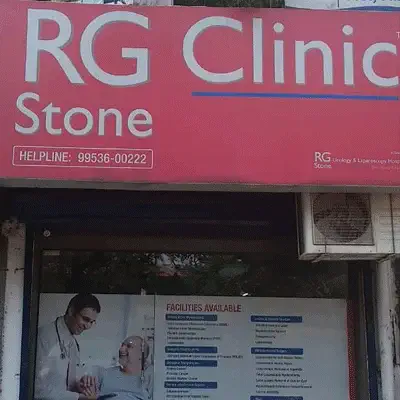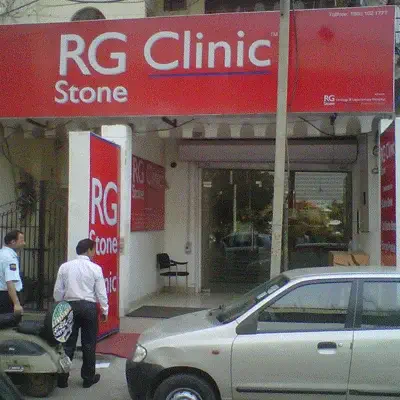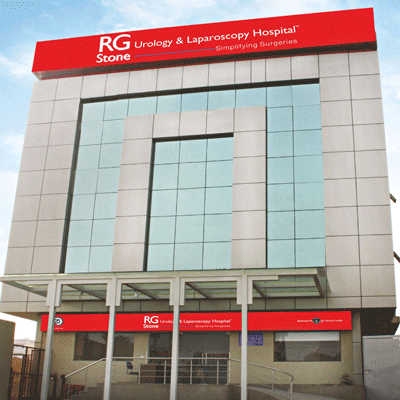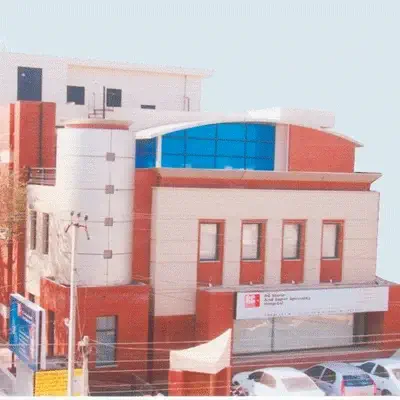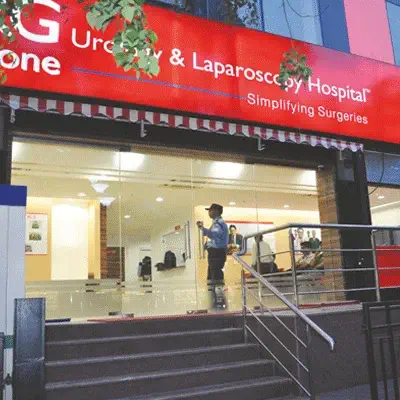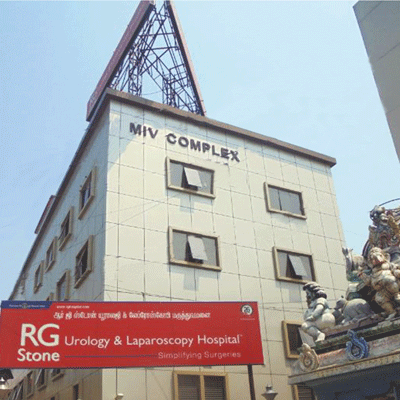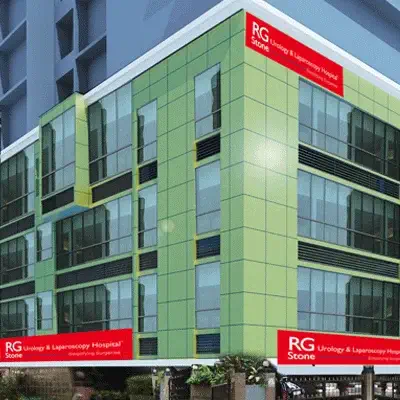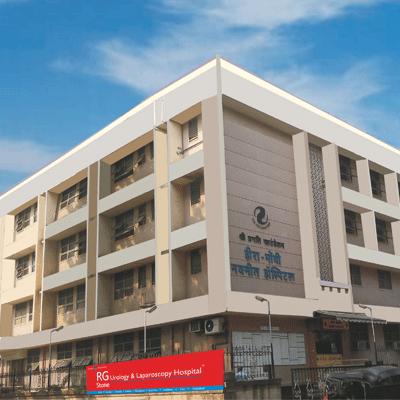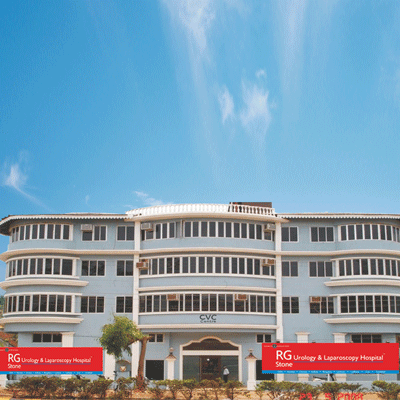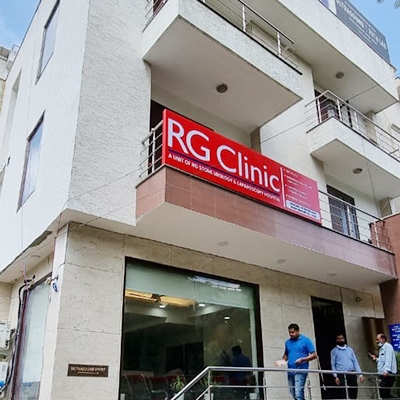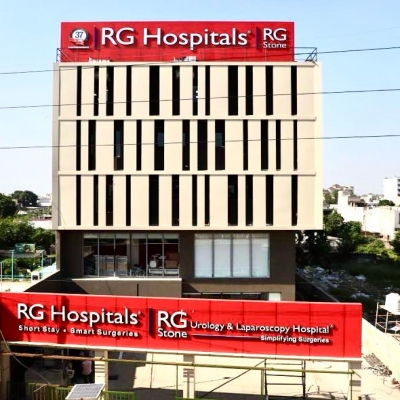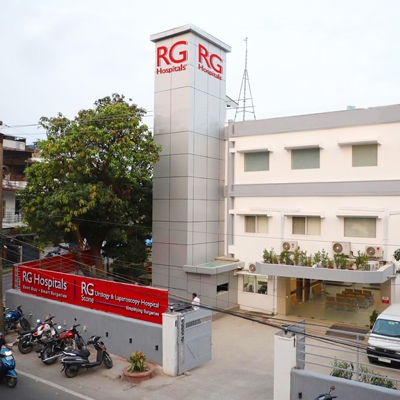Female Sexual Dysfunction (FSD) is a complex condition that can affect various aspects of a woman's sexual response cycle. Causes are often multifactorial, including physical, psychological, and social factors. Physical causes may include hormonal imbalances, chronic health conditions, medications, and age-related changes. Psychological factors can involve stress, anxiety, depression, past trauma, or relationship issues. Social and cultural influences also play a role. Symptoms of FSD are typically categorized into four main types: desire disorders (low libido), arousal disorders (difficulty becoming physically aroused), orgasmic disorders (difficulty achieving orgasm), and pain disorders (pain during intercourse). Women may experience one or more of these issues, which can significantly impact their quality of life and relationships. Symptoms must cause personal distress to be diagnosed as dysfunction.
Diagnosing Female Sexual Dysfunction involves a comprehensive approach, often requiring collaboration between healthcare providers. The process typically begins with a detailed medical and sexual history, including information about relationships, lifestyle, and any contributing factors. A physical examination is usually performed to check for any physical causes of dysfunction. This may include a pelvic exam and, in some cases, blood tests to check hormone levels or other relevant factors. Psychological evaluation may be necessary to assess for conditions like depression or anxiety. Specialized questionnaires or assessment tools, such as the Female Sexual Function Index (FSFI), may be used to evaluate the nature and severity of sexual concerns. In some cases, additional tests like vaginal pH testing, vulvoscopy, or imaging studies may be recommended to rule out specific physical causes.
Procedures & Interventions
May include estrogen therapy for vaginal dryness or testosterone for low libido. Treatment is tailored based on individual needs and medical history.
FDA-approved options are available for hypoactive sexual desire disorder.
Individual or couples therapy to address psychological factors, improve communication, and develop coping strategies. May include cognitive-behavioral therapy or sex therapy.
Involves addressing factors like stress, exercise, diet, and substance use that can impact sexual function. May include pelvic floor exercises or mindfulness techniques.
Providing information about sexual response, anatomy, and techniques to enhance sexual experiences. May include guidance on using lubricants or other aids.
Addressing medical conditions like diabetes, heart disease, or depression that may contribute to sexual dysfunction.
Use of vibrators, vacuum devices, or dilators to improve arousal or address pain during intercourse. May be used in conjunction with other treatments.
Some women find benefits from acupuncture, herbal supplements, or mindfulness practices, though scientific evidence varies.
In rare cases, surgery may be considered for specific anatomical issues contributing to sexual dysfunction.
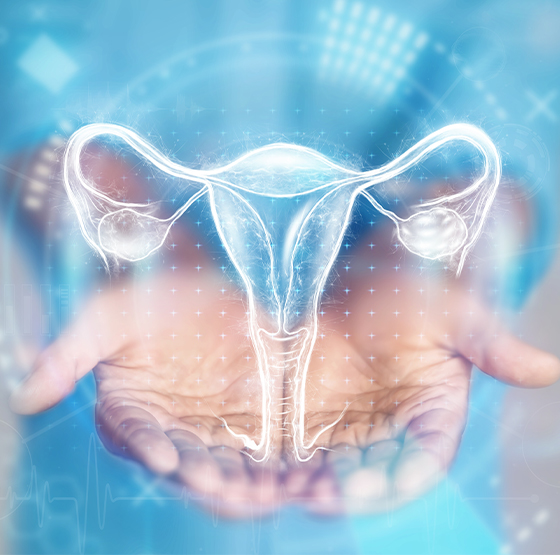
May include estrogen therapy for vaginal dryness or testosterone for low libido. Treatment is tailored based on individual needs and medical history.
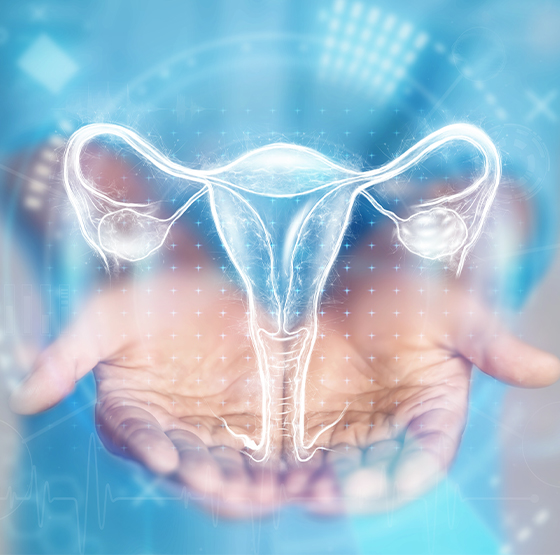
FDA-approved options are available for hypoactive sexual desire disorder.
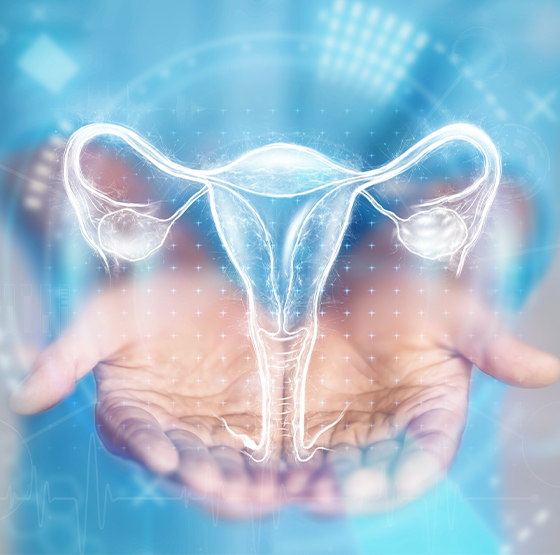
Individual or couples therapy to address psychological factors, improve communication, and develop coping strategies. May include cognitive-behavioral therapy or sex therapy.
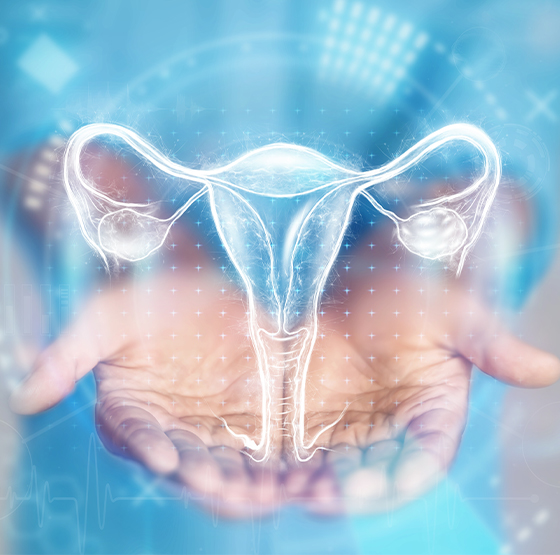
Involves addressing factors like stress, exercise, diet, and substance use that can impact sexual function. May include pelvic floor exercises or mindfulness techniques.
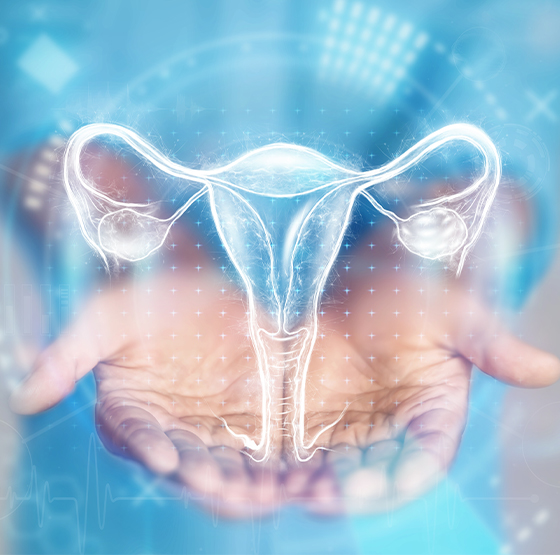
Providing information about sexual response, anatomy, and techniques to enhance sexual experiences. May include guidance on using lubricants or other aids.
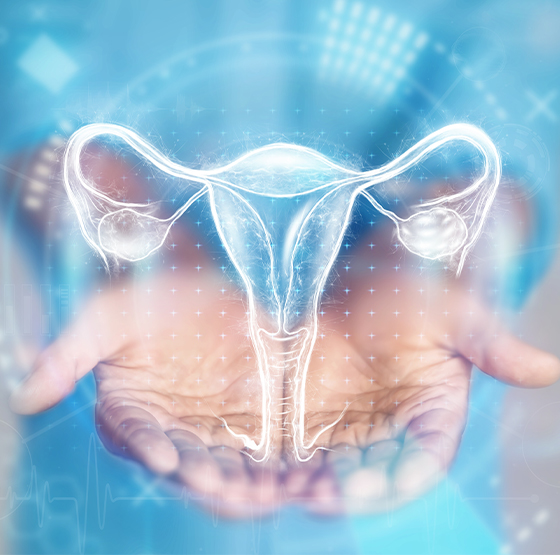
Addressing medical conditions like diabetes, heart disease, or depression that may contribute to sexual dysfunction.
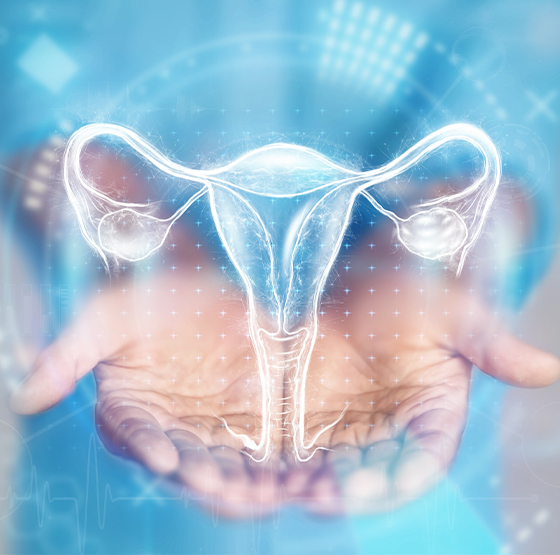
Use of vibrators, vacuum devices, or dilators to improve arousal or address pain during intercourse. May be used in conjunction with other treatments.
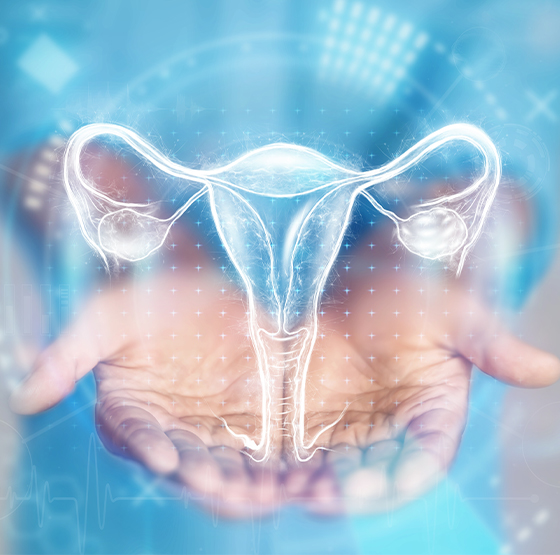
Some women find benefits from acupuncture, herbal supplements, or mindfulness practices, though scientific evidence varies.
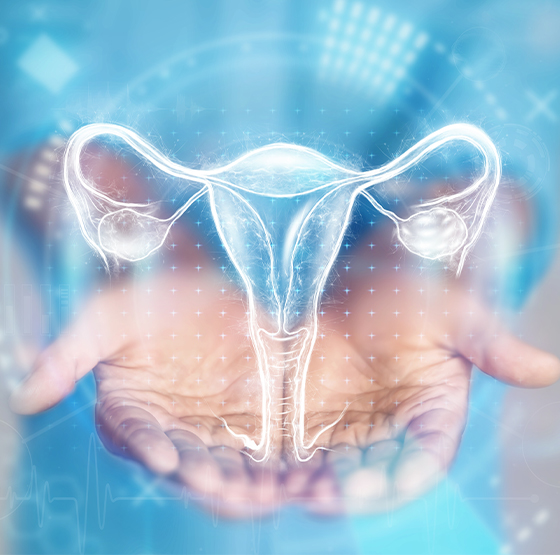
In rare cases, surgery may be considered for specific anatomical issues contributing to sexual dysfunction.
Team of Excellence
Behind every recovery story at RG Hospitals is a team of exceptional doctors whose passion for healing and innovation continues to transform healthcare and redefine patient outcomes.
Find a DoctorLooking for an Expert
RG Hospitals is proud to be the home of some of the world's most distinguished doctors.

Patient Stories
View AllPatient Testimonial | Commitment To Care
Treated by Dr. Manoj Gupta , RG Stone Hospital, Dehradun
- All Locations
- New Delhi
- Haryana
- Punjab
- Kolkata
- Chennai
- Mumbai
- Goa
- Uttar Pradesh
- Uttarakhand






